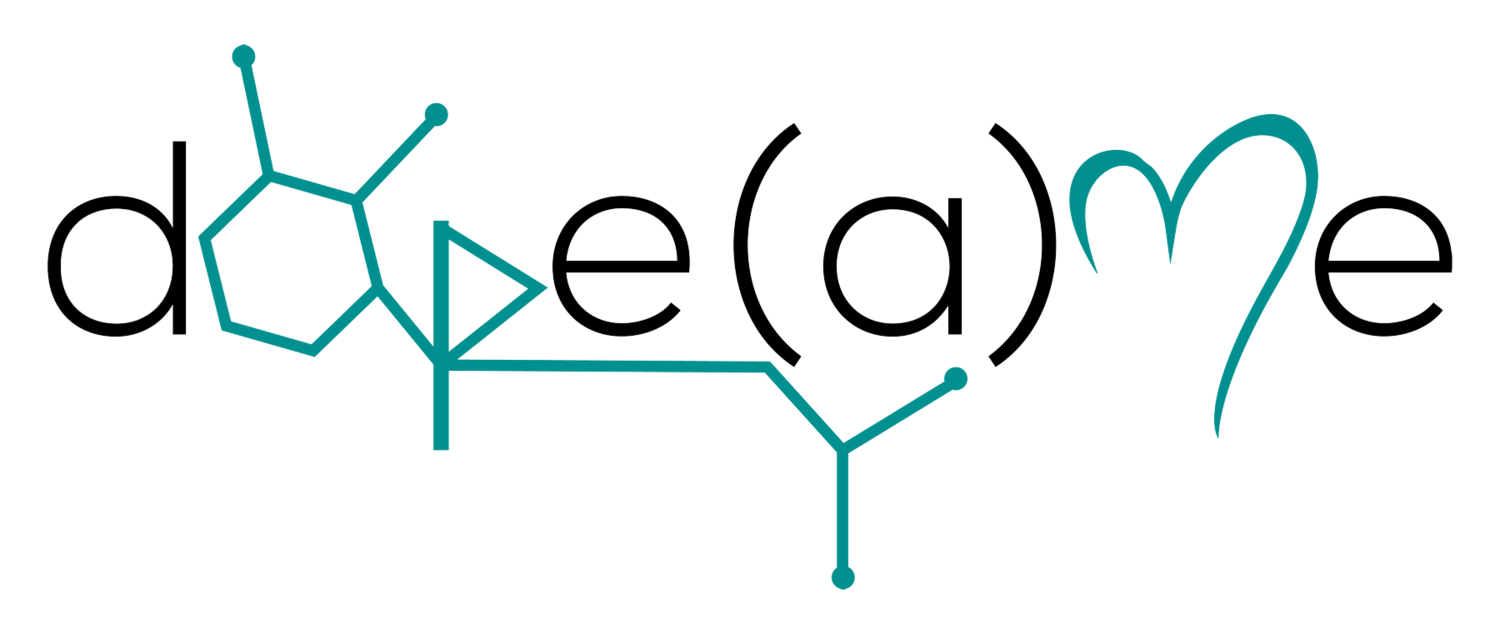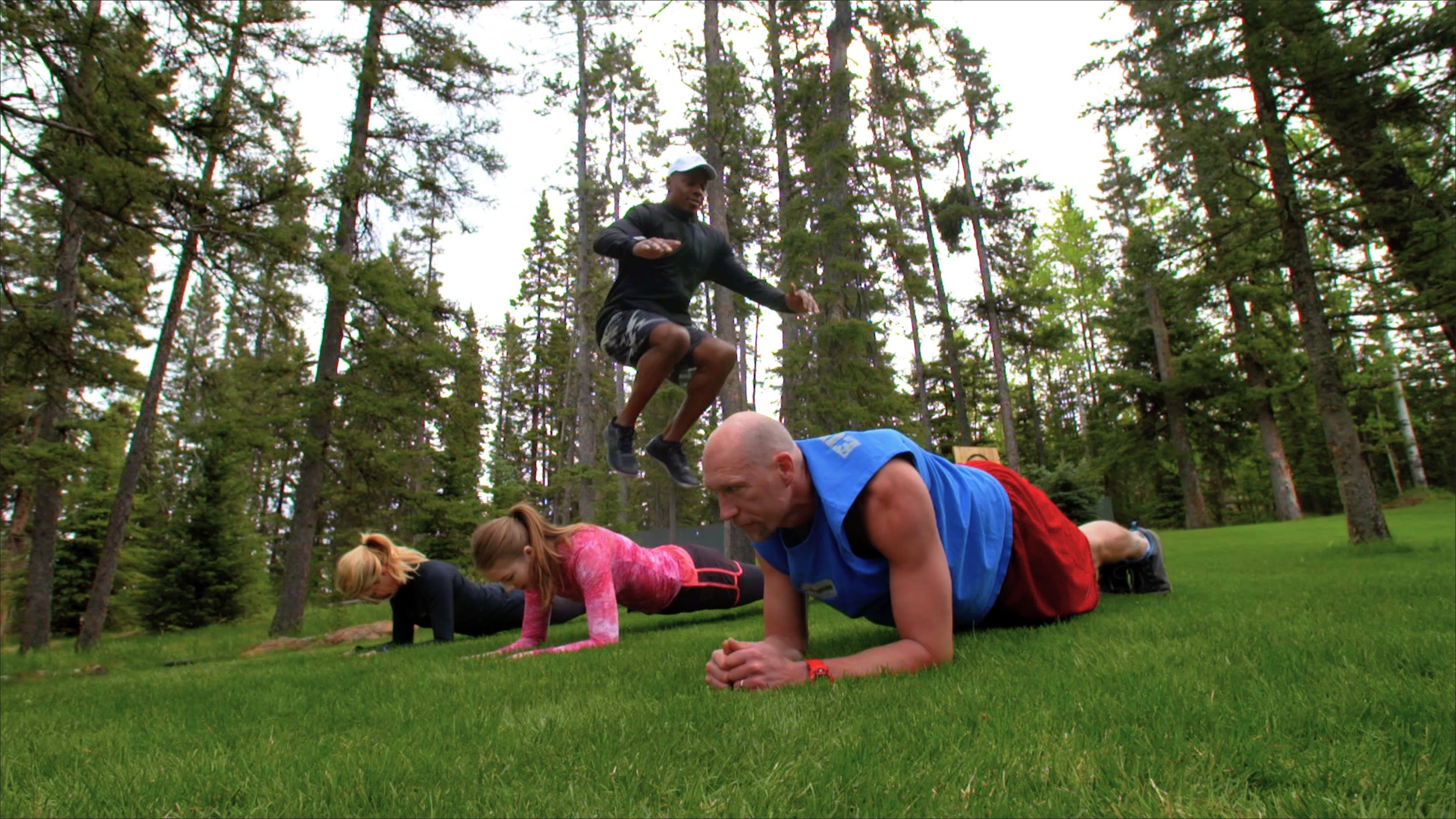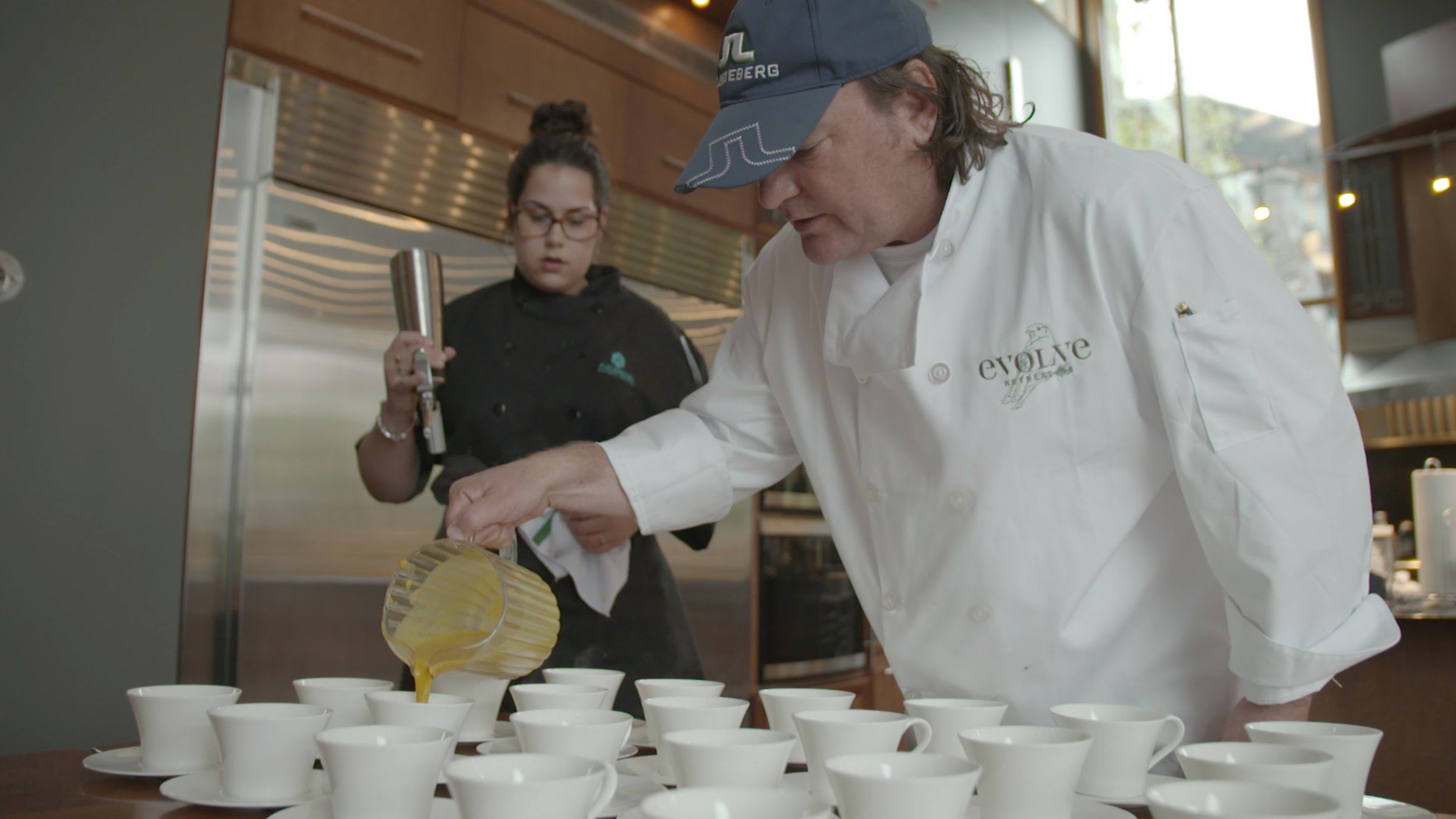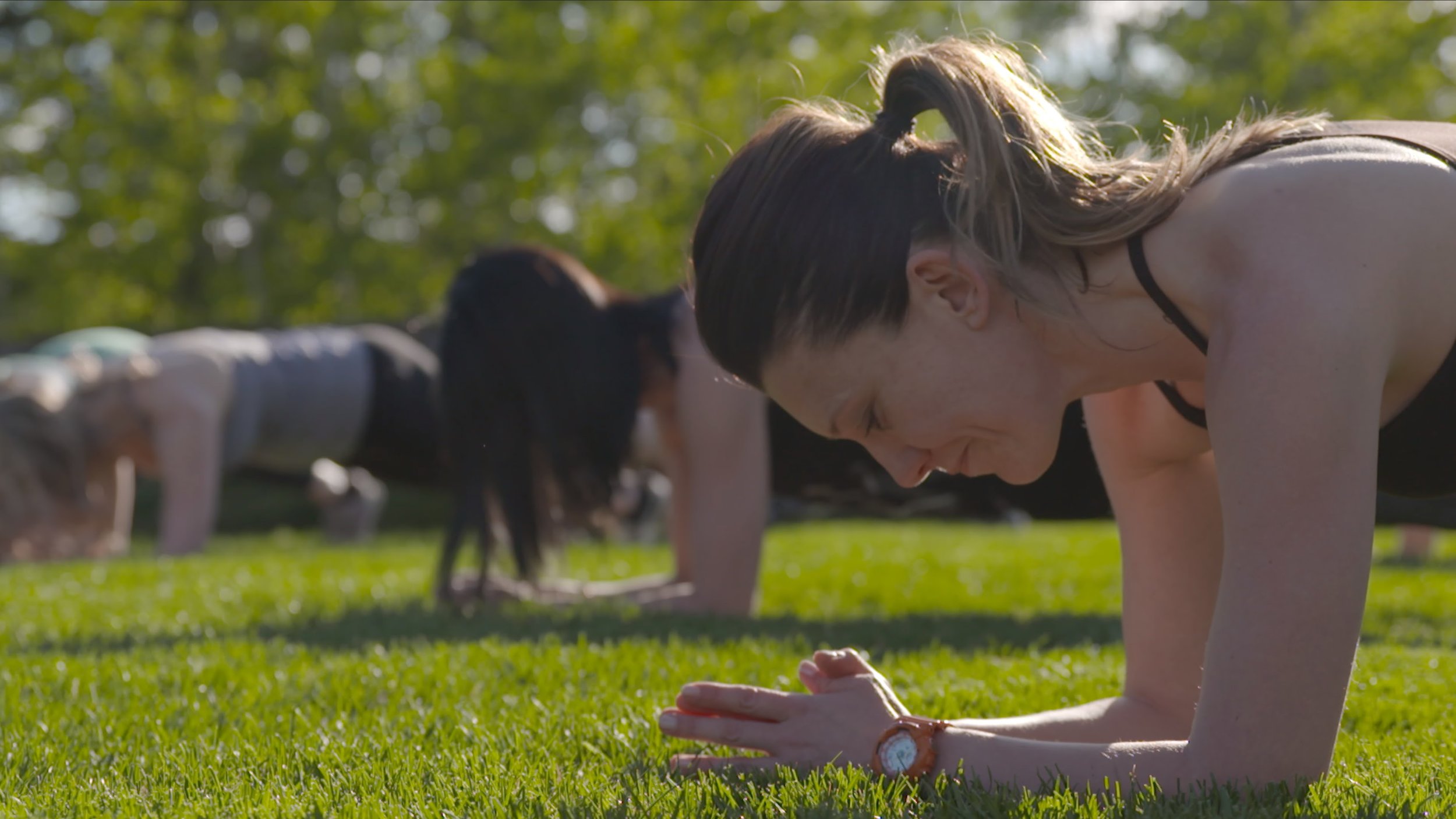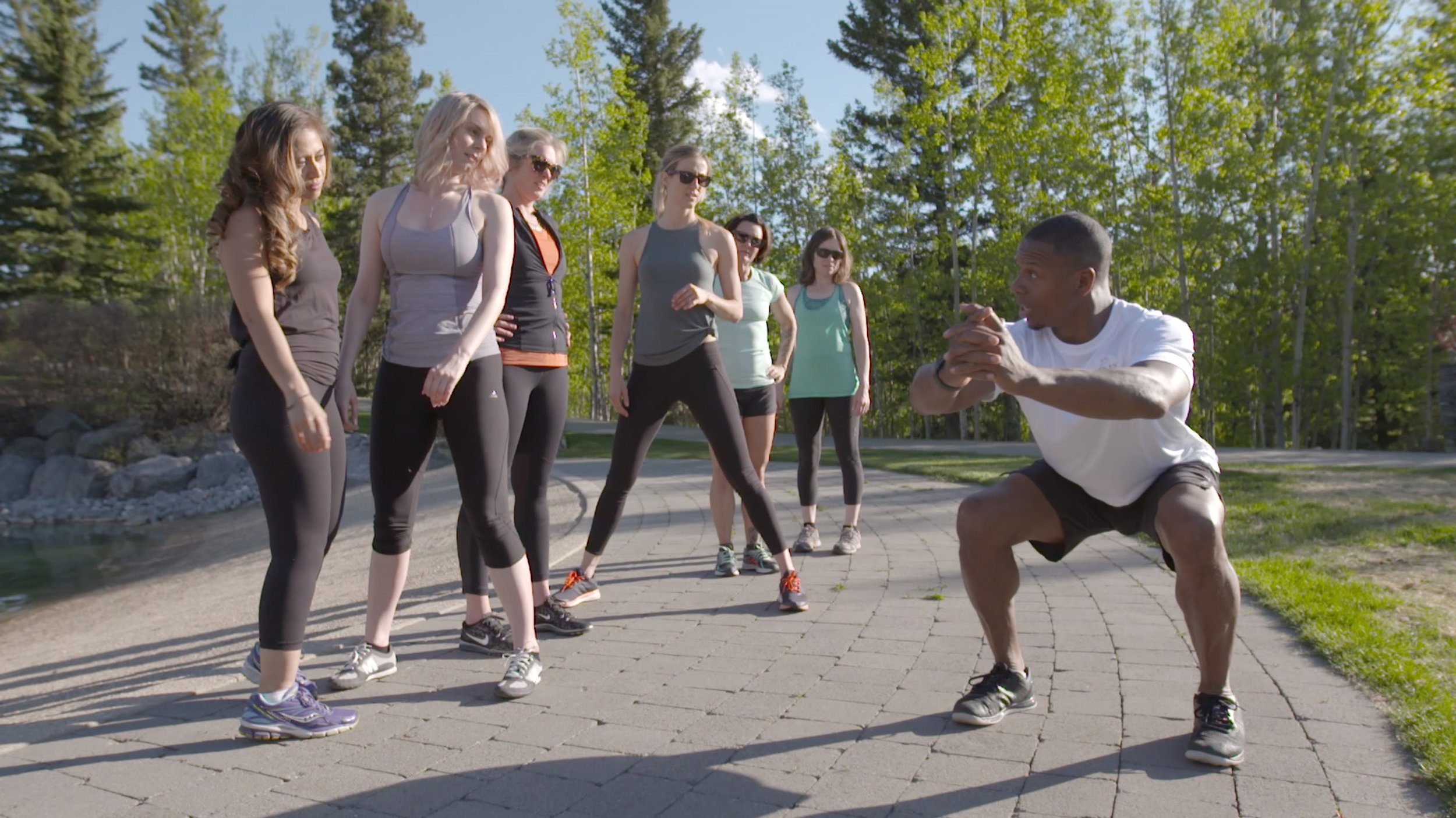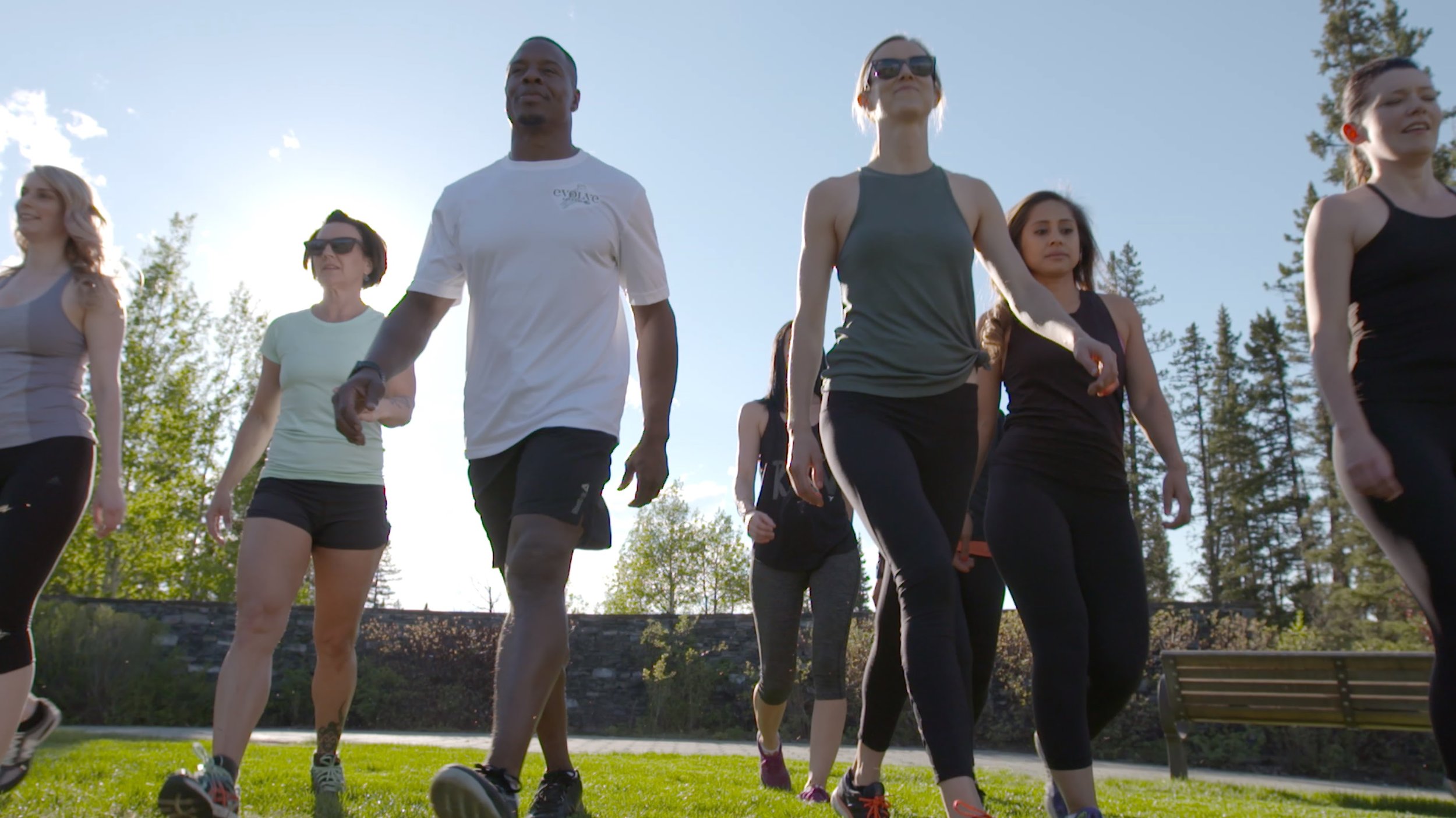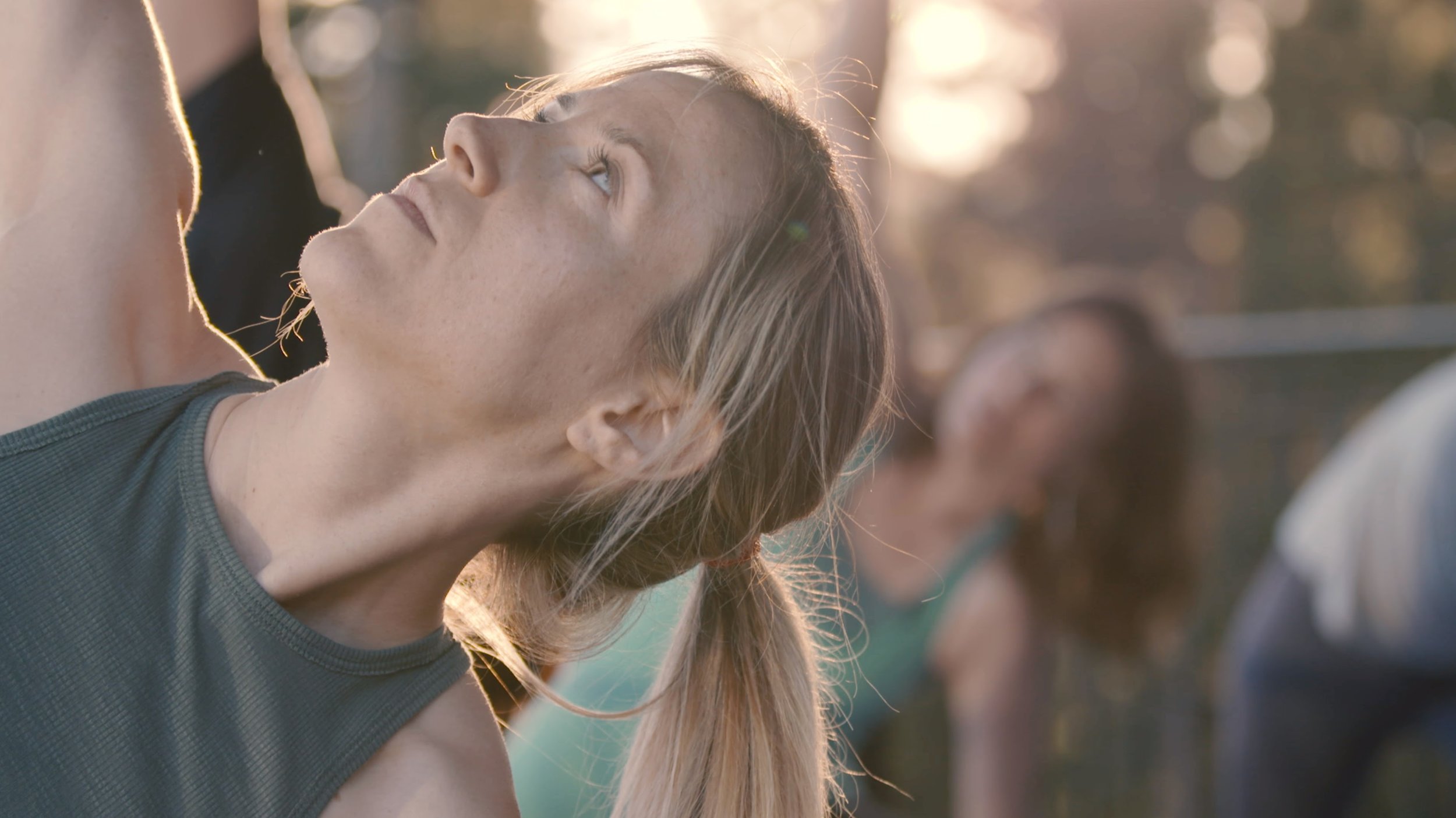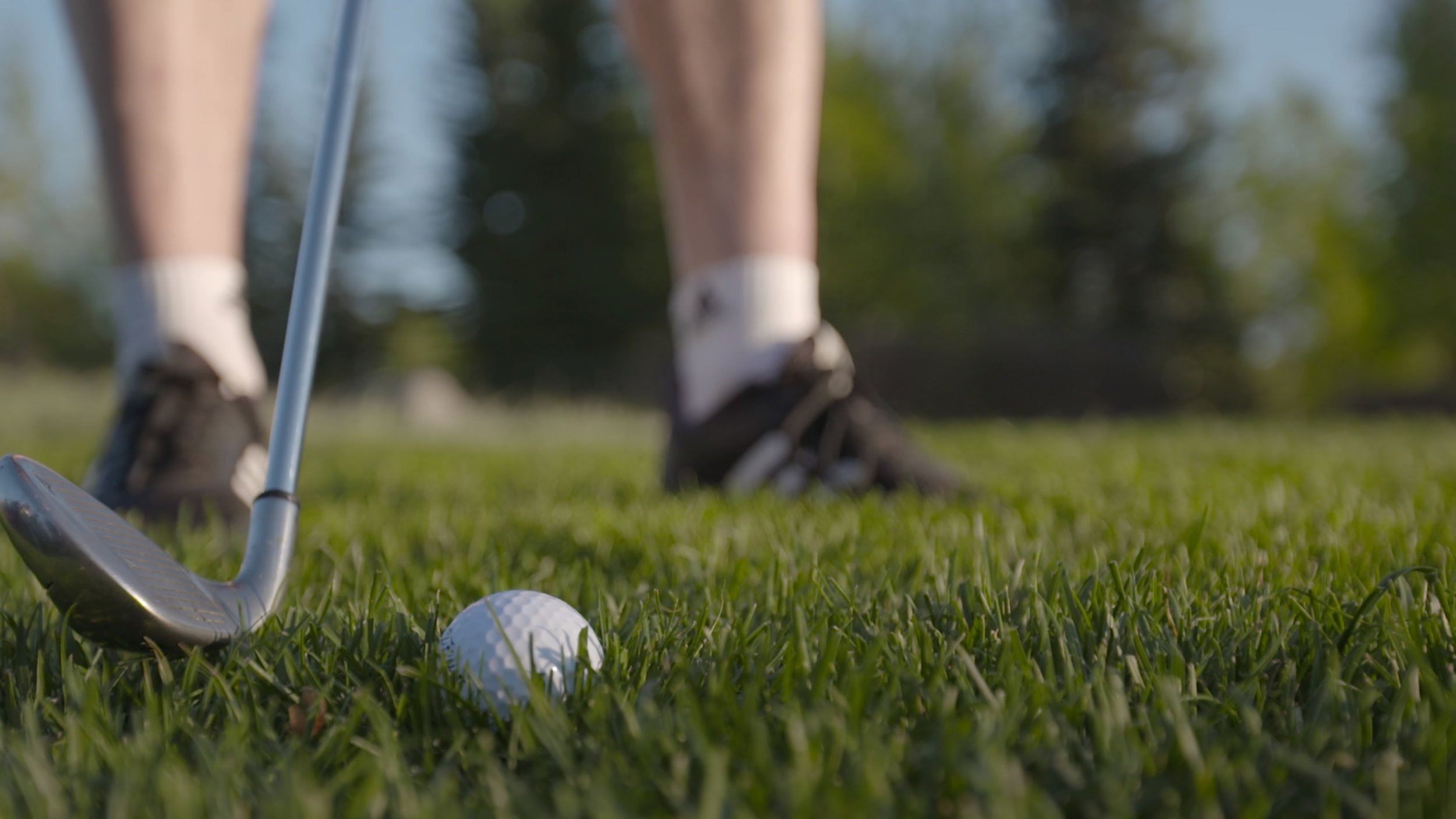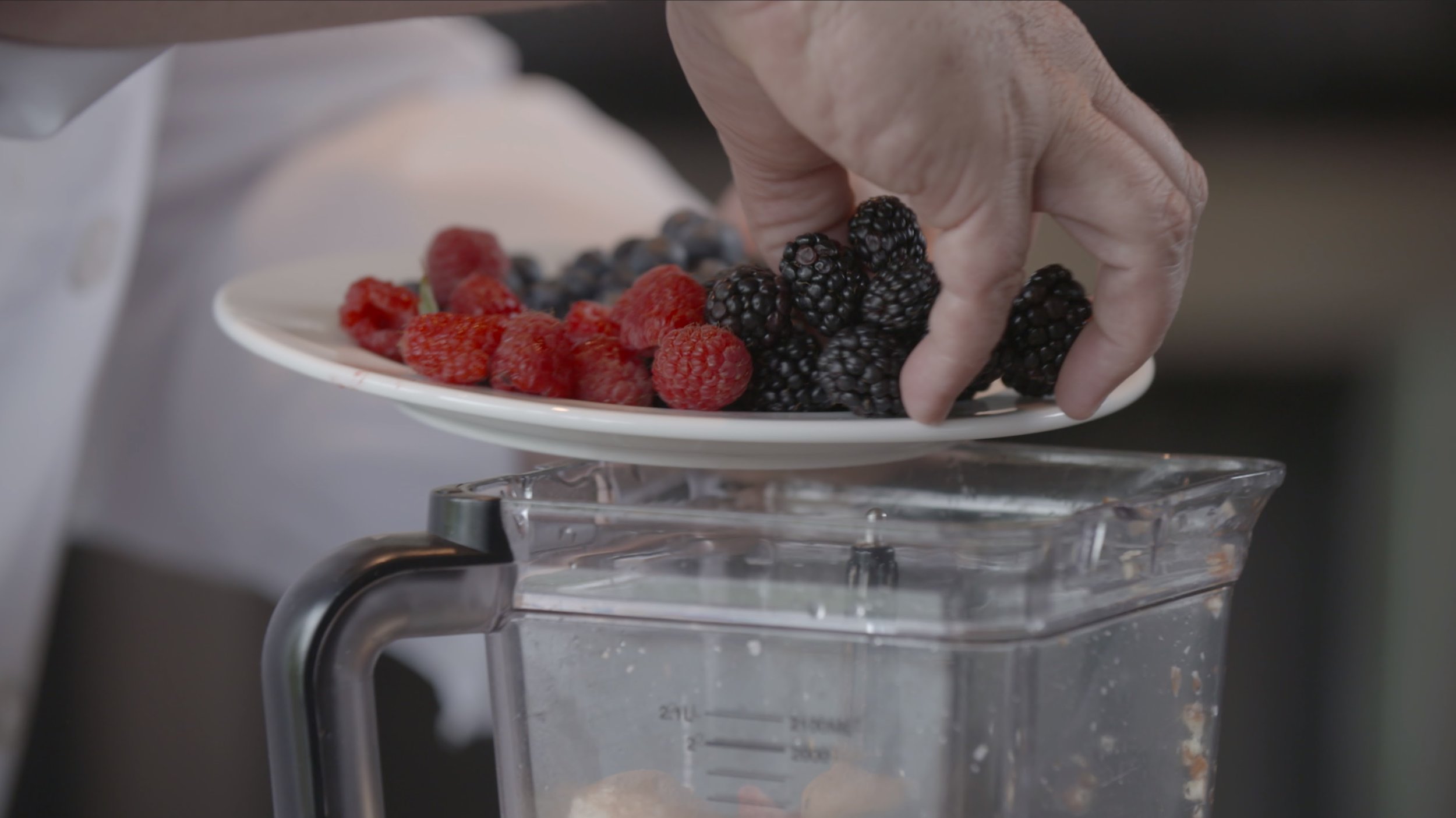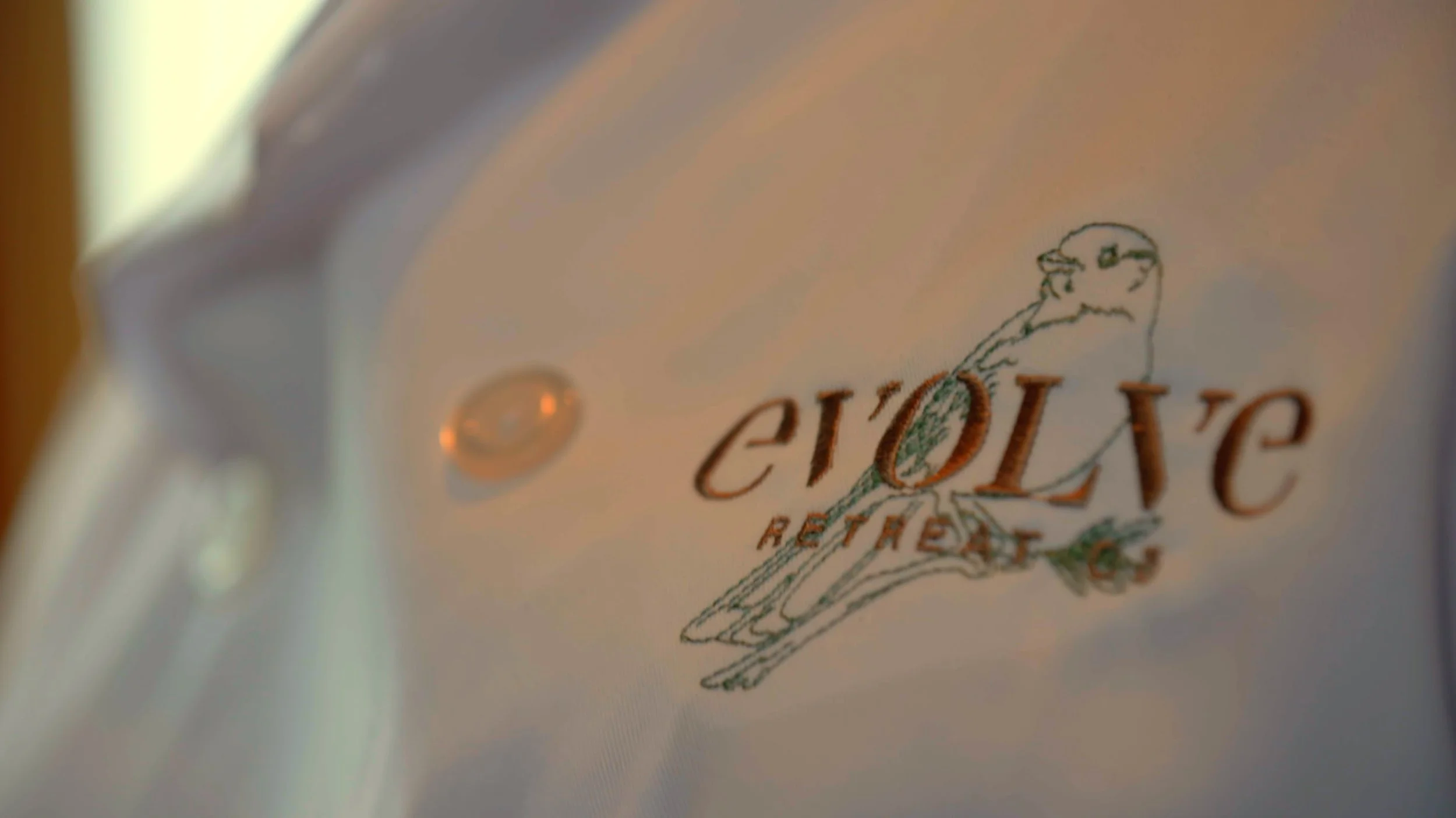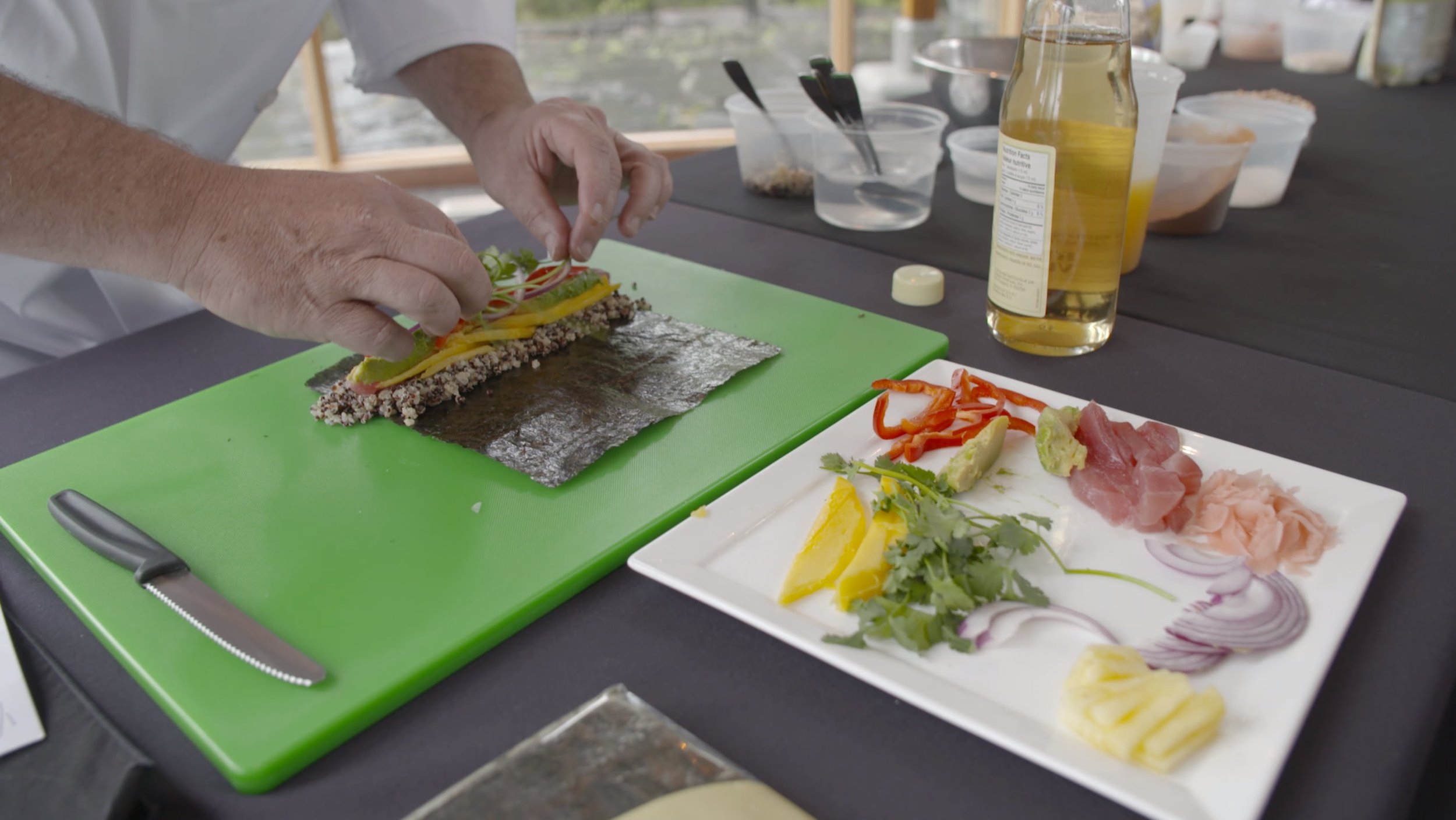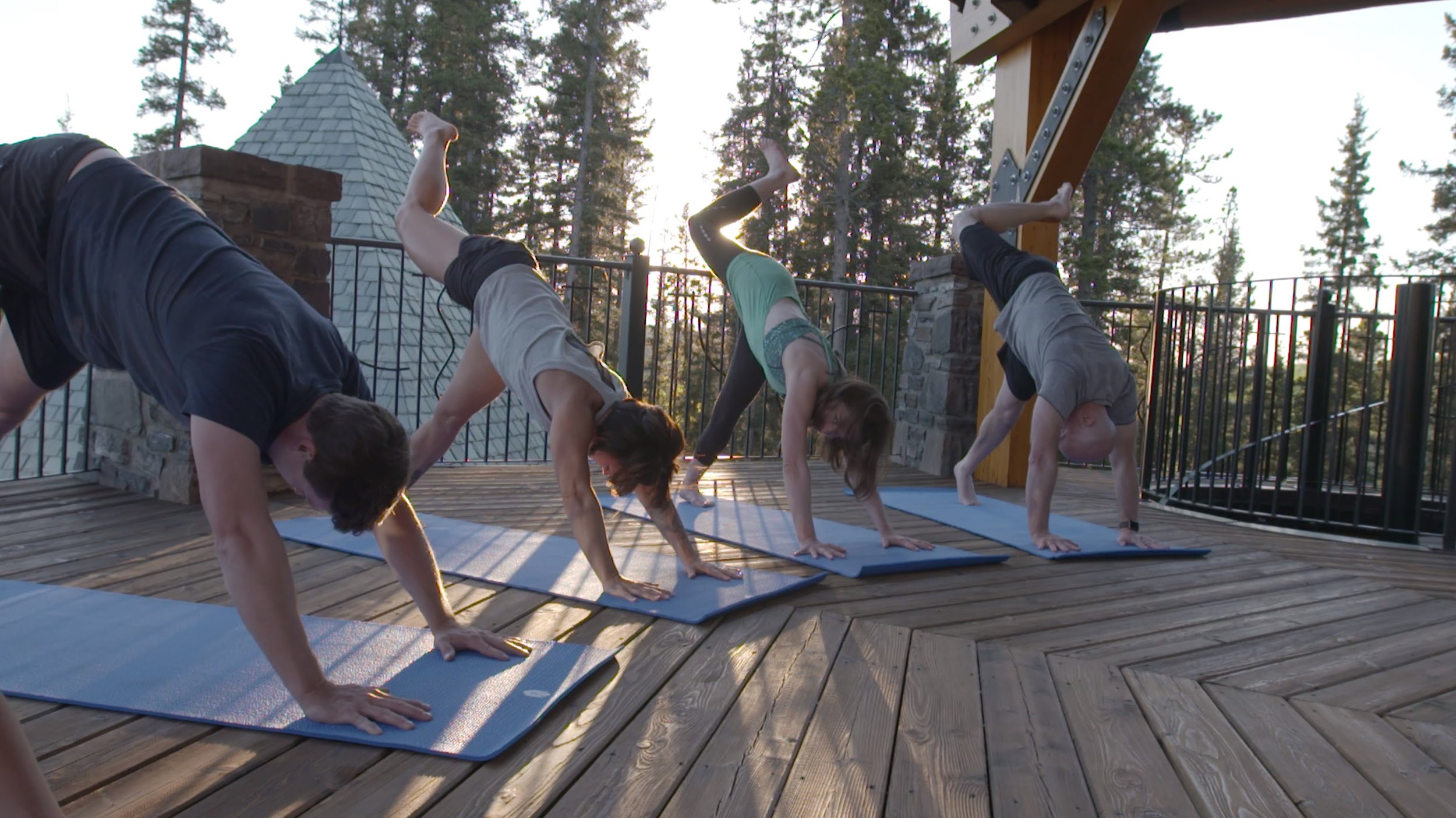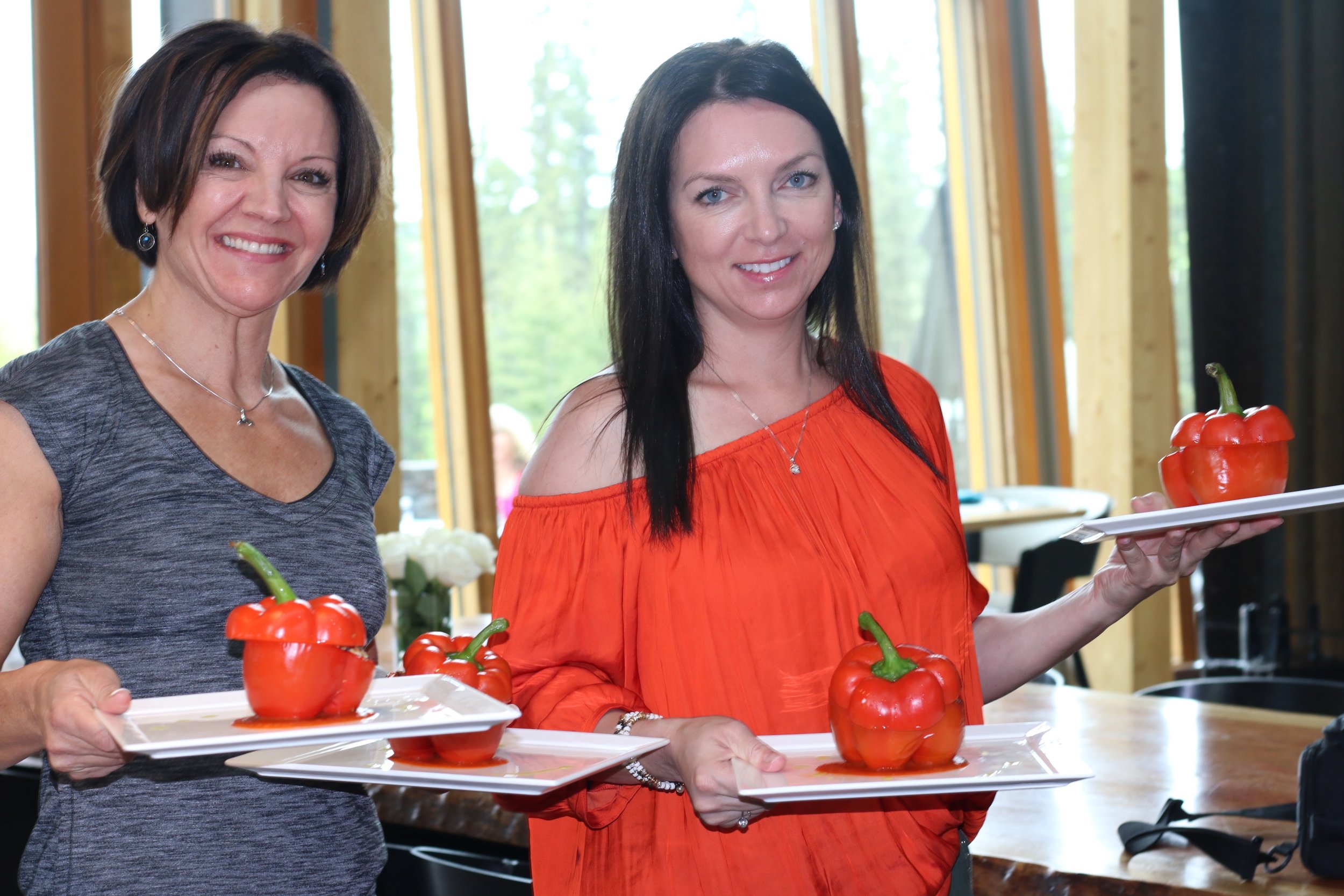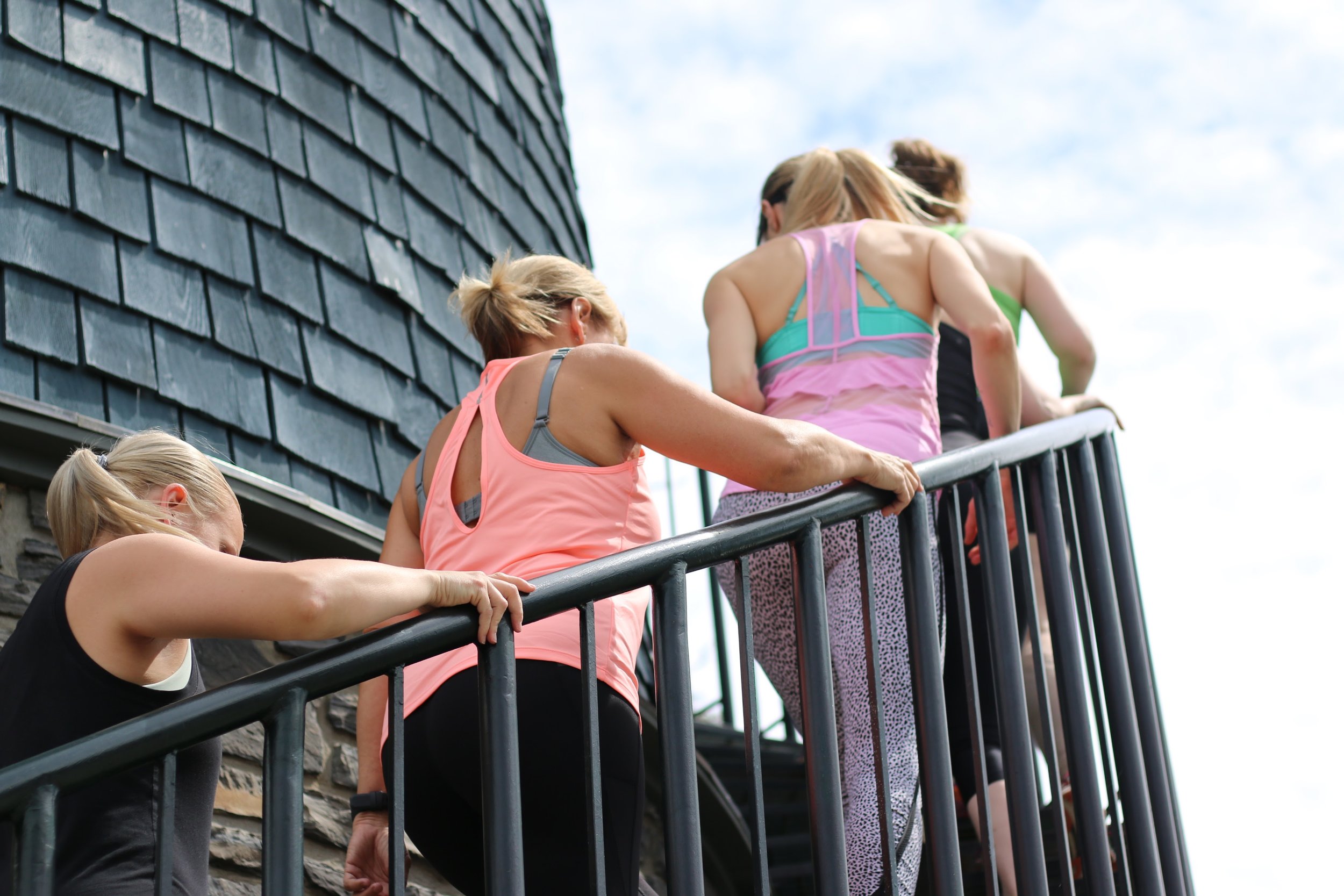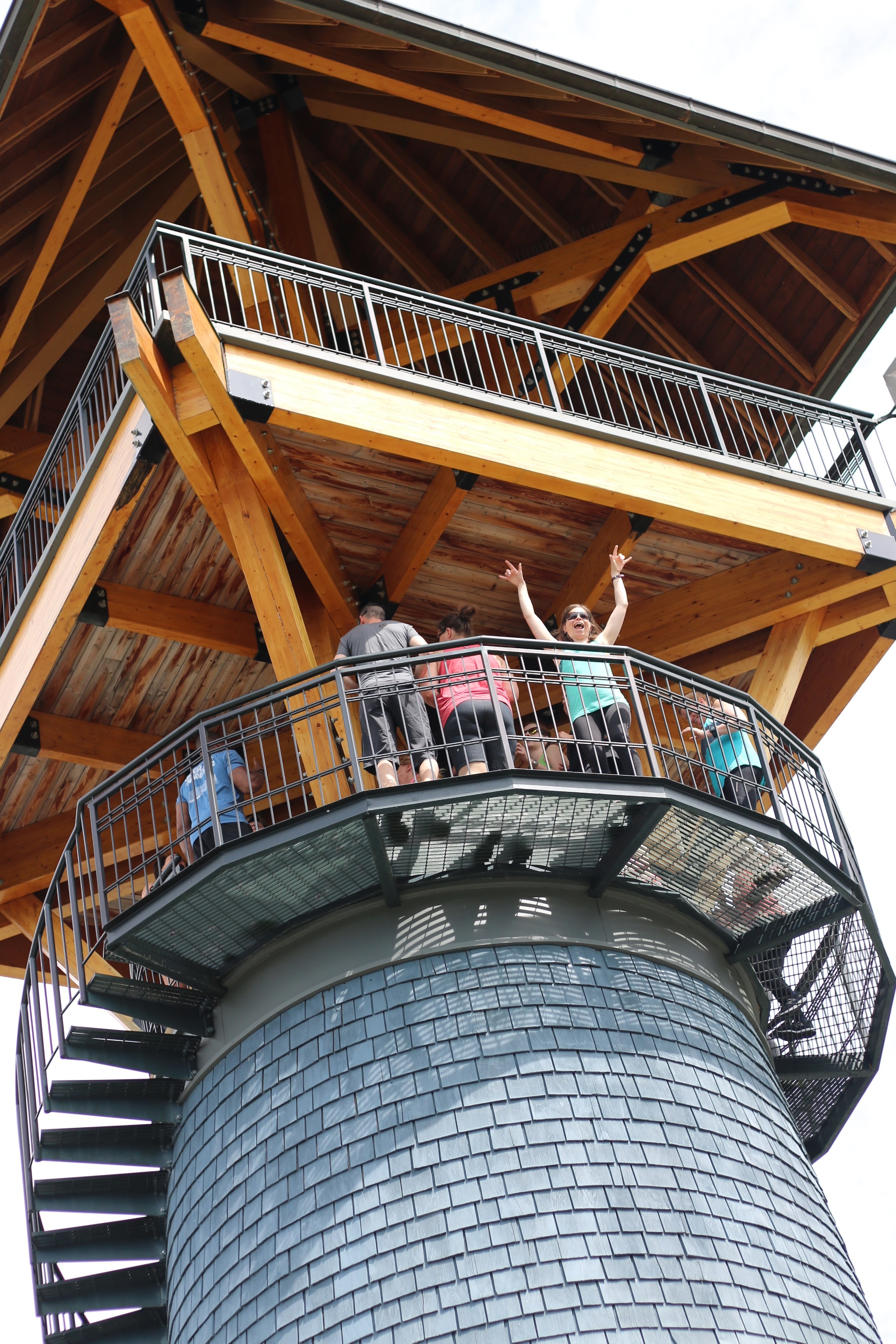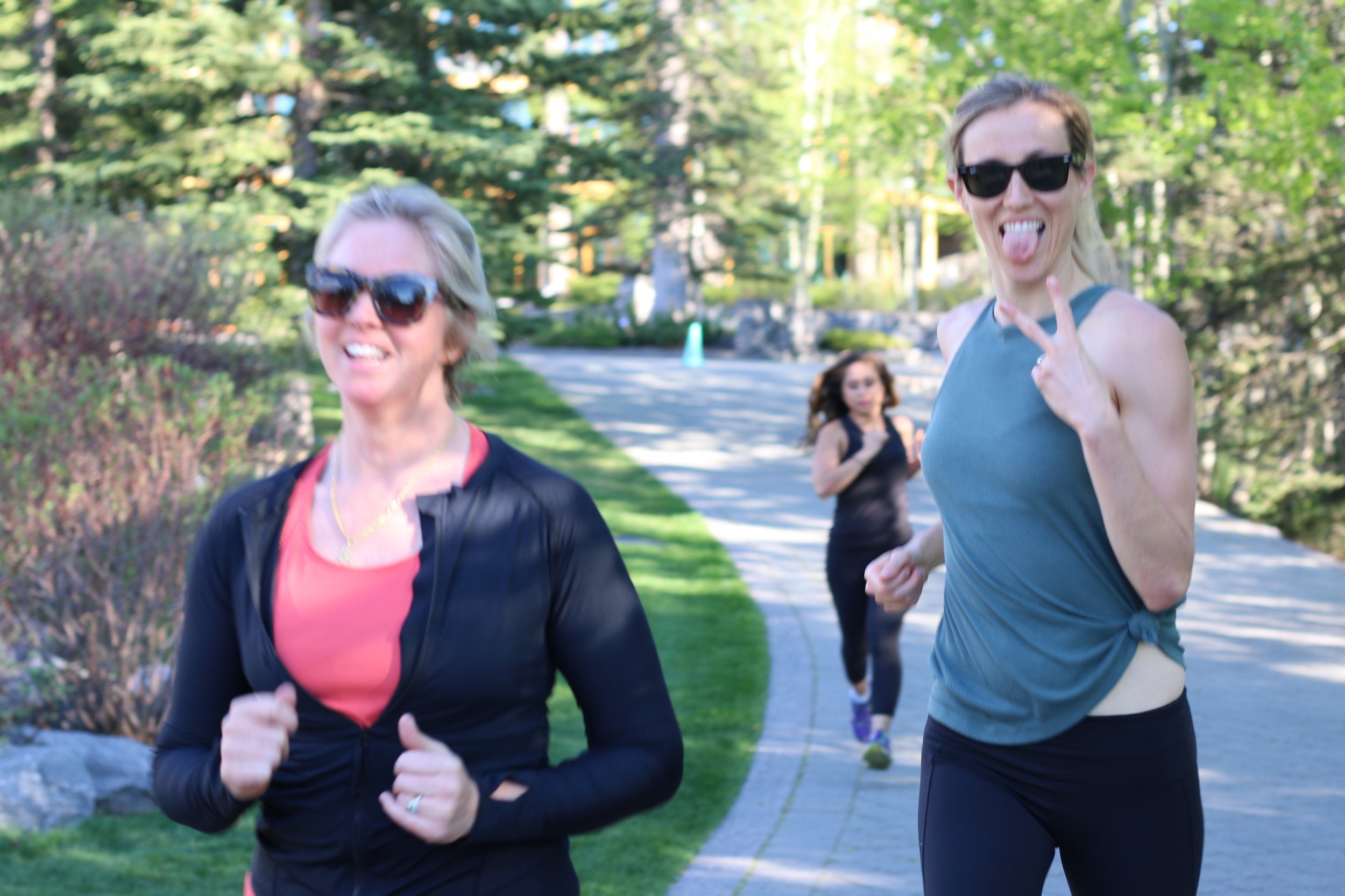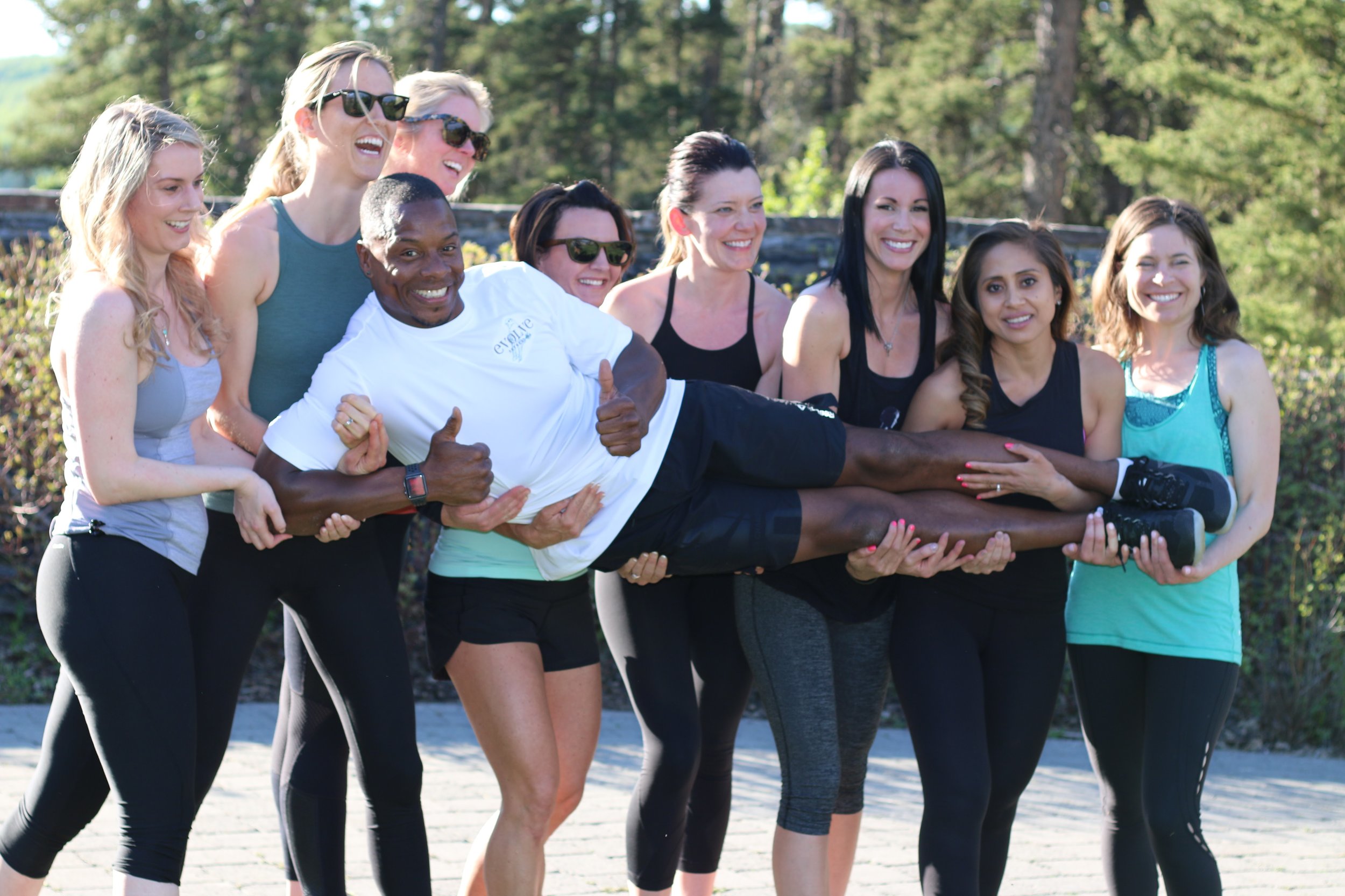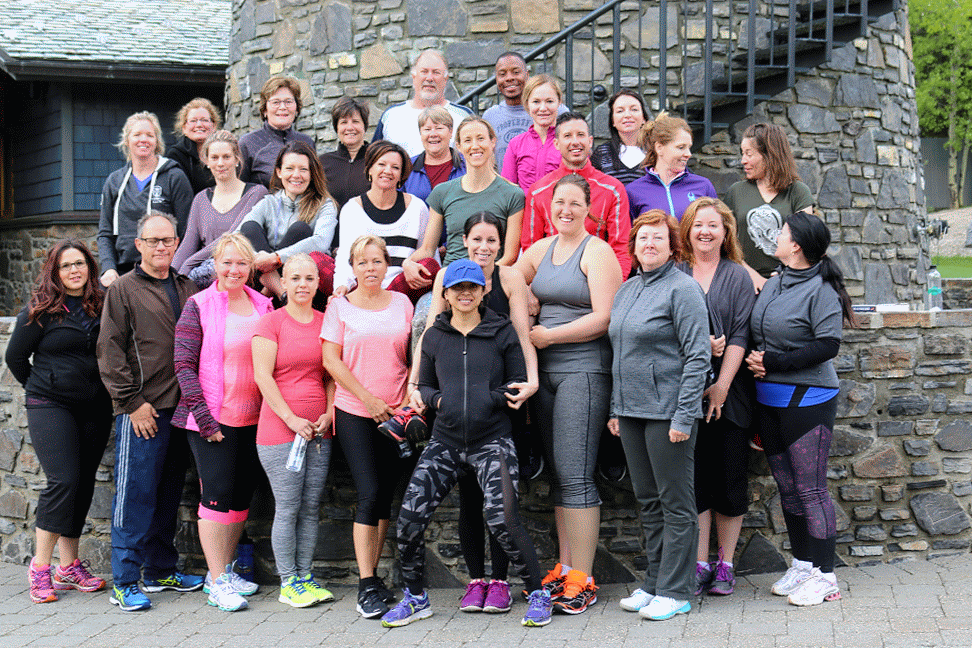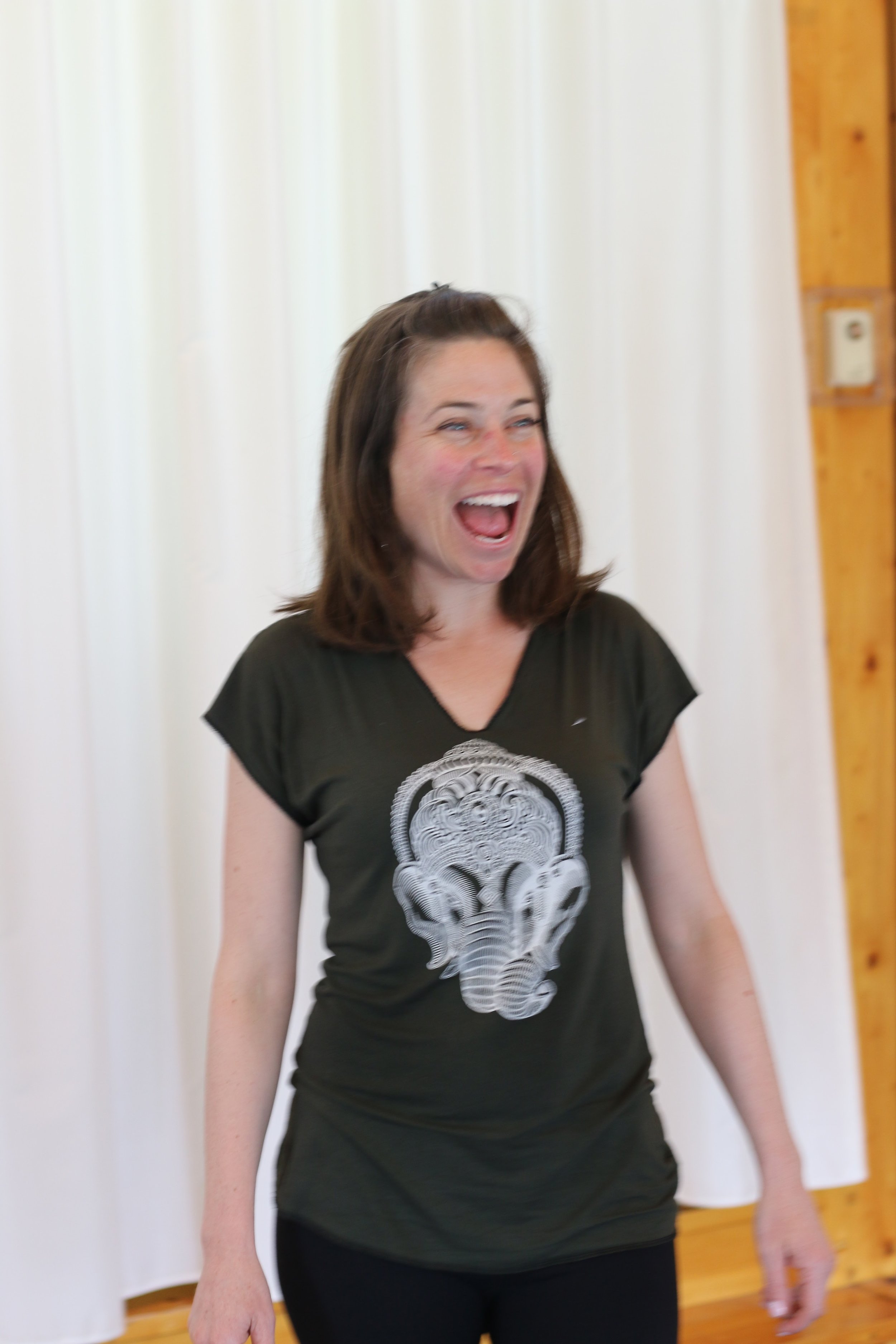”Most of our conscious brain is dedicated to focusing on the outside world: getting along with others and making plans for the future. However, that does not help us manage ourselves. Neuroscience research shows that the only way we can change the way we feel is by becoming aware of our inner experience and learning to befriend what is going on inside ourselves” -The Body Keeps the Score
I have noticed a lack of clarity in describing the difference between mindfulness and meditation, especially because I have heard them combined as Mindful Meditation - which I didn’t realize was confusing until I tried to describe what it is and how it is different than traditional meditation. This blog post serves as an exploration to define the boundaries of both and what it means when you combine Mindfulness and Meditation together.
Mindfulness:
"Just let yourself feel what you feel in the present moment, without fearing it, without making it mean something about your worth or value, without making it wrong, and witness the peace appear. "Daniel Siegal
Mindfulness is a practice of bringing compassionate attention to experiences, movements, thoughts and sensations occurring in the present moment. Mindfulness is the antidote to our human tendency to get lost in doing, stuck in auto-pilot, which directs us towards an unsatisfying cycle of needing more of everything and anything to feel good. Mindfulness is waking up and taking the steering wheel with our loving attention. We can practice mindfulness by maintaining a moment by moment awareness of our thoughts, feelings bodily sensations and surrounding environment. Any routine activity can be made into a mindful practice if you bring your full attention to it. A wandering mind is an unhappy mind. Get into your body and into your experience. Observe without judgement. Notice your patterns of thought and action without falling into shame or the illusion that you “should” be somewhere or someone that you are not.
“When we are not taken over by our thoughts and feelings, we can become clearer in our internal world as well as more receptive to the inner world of another" Daniel Siegal
Meditation:
“Consciousness has the ability to do what is called “focus”...The essence of consciousness is awareness, and awareness has the ability to become more aware of one thing and less aware of something else” Micheal Singer
It is my understanding that meditation is what comes after the practice of mindfulness. You get to a point where you have trained your mind to focus, and to be able to stay with sensation and notice thoughts without jumping into reaction. It is from this sense of control, a sense of separation from emotions and the human desires and aversions, that we are able to access a deep peace and contentment that is an outcome of meditation. Meditation connects us with our expansiveness. It is a state of acceptance and flow, where our thoughts become distant and we are enveloped with stillness and, eventually, silence.
"Just let yourself feel what you feel in the present moment, without fearing it, without making it mean something about your worth or value, without making it wrong, and witness the peace appear. "Daniel Siegal
Mindful Meditation:
Is this term even necessary in our vernacular? To meditate is already a mindful practice, as it takes focus and the light of your awareness shining on the object of your meditation; whether that be your breath, a mantra, or any other curiosity or healing focus you have.
For me, an even more clear path here is developing the practice described as Mindful Embodiment. A process of being with sensation, tracking it, witnessing it rise and fall, while holding loving space in your body and limiting distraction and conserving energy by being still and focusing your gaze inwards.
If you are new to the world of mindfulness and meditation, start with some mindfulness practices. Develop your ability to focus. Shift into 30 seconds of meditation per day, with a focus on breath and noticing what it feels like as your Nervous System calms and your mind expands. A slow build, with consistent effort, and you will soon have a new habit that will support you mental health, your physical health, and give you access to the depths of who you are.
I would love to hear your thoughts on this inquiry, and any insights or resources that have served your own curiosity on this topic.
Bye for now xo
